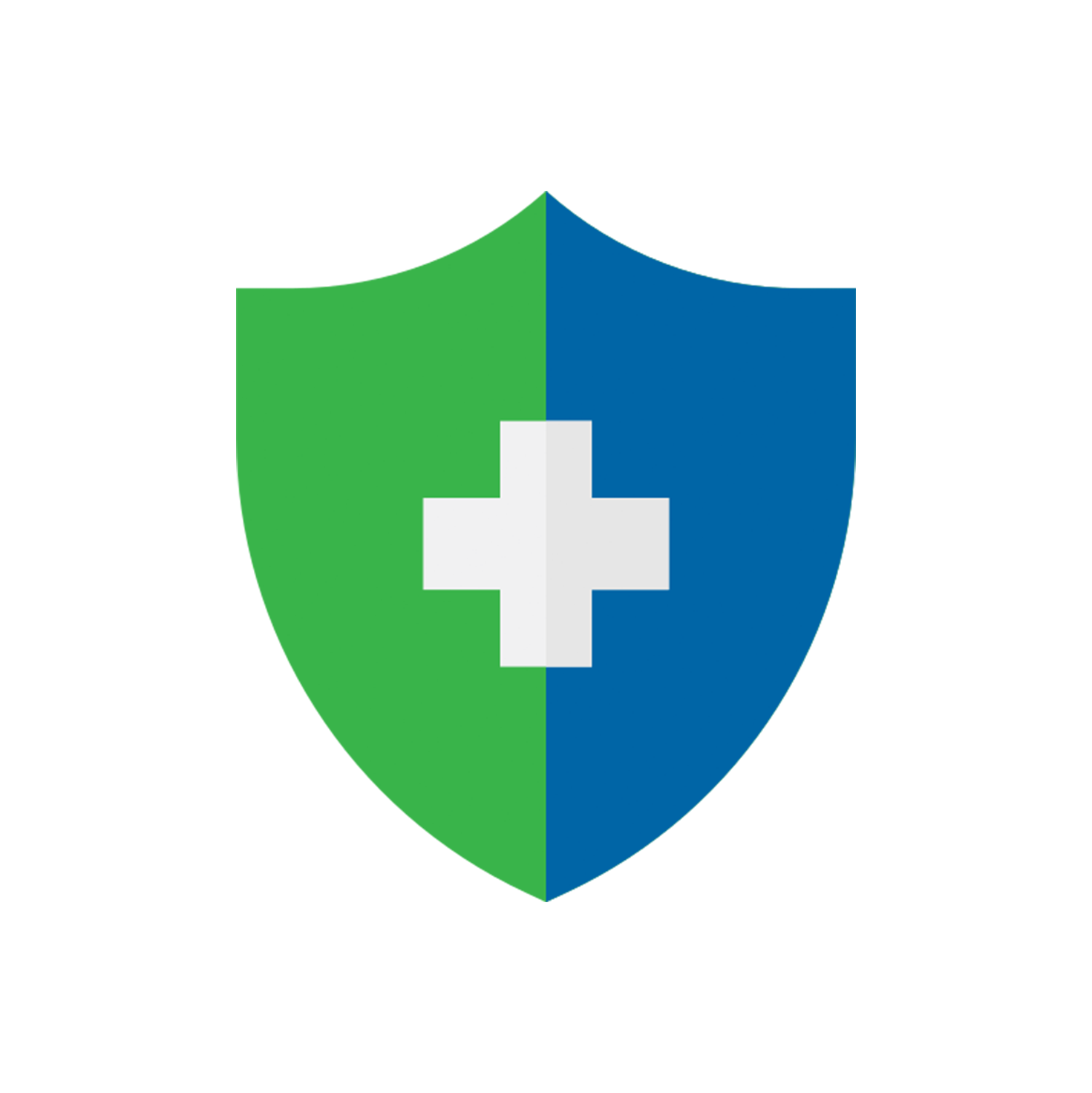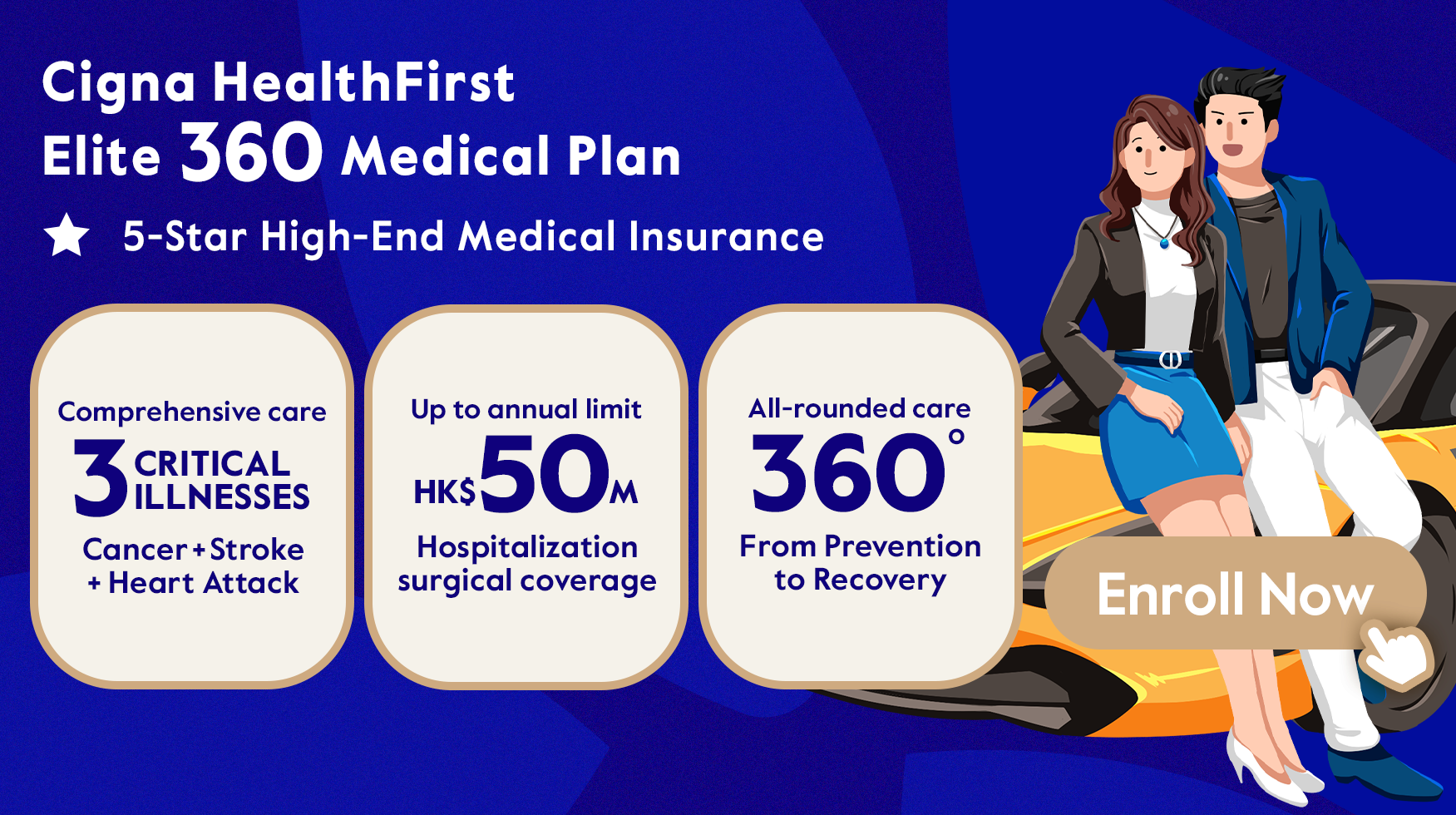One in three Hongkongers aged 80 or above suffers from dementia, which can occur due to a number of conditions, the most common of which is Alzheimer’s disease. By 2050, the number of people aged over 80 will reach its peak, so as the number of Hongkongers suffering from dementia.1
Stress and Alzheimer's disease
Depending on the stage of deterioration, Alzheimer’s patients experience different degrees of stress and display different signs and symptoms. Initially, they start forgetting things. As the disease progresses, delusions could set in. At an advanced stage, patients might lose basic abilities.2
Here are some of the things caregivers could do for Alzheimer's patients.
- Help exercise their brain
- Help feed them or help them feed themselves
- Ensure they attend appointments or pay bills on time
- Plan for them what clothes to wear
- When talking gets too difficult, connect with them through other senses like music
Caregiver stress
Battling Alzheimer’s is stressful. So is caring for someone with dementia. Caregivers are prone to experience anxiety, exhaustion, depression and social withdrawal.3
What should Alzheimer's caregivers do?
- Eat and rest well
- Exercise, even just 10 minutes a day would help
- Give yourself “me” time
- Relaxation techniques such as meditation and deep breathing
- Learn how to cope as the disease progresses. Alzheimer’s Association contains all sorts of Alzheimer’s-related information, e.g. risk factors, facts & figures, caring tips
- Seek help from support groups for dementia carers, e.g Hong Kong Alzheimer’s Disease Association
Cigna HealthFirst Elite 360 Medical Plan offers comprehensive and personalized medical coverage across the stage prevention, diagnosis, treatment and recovery, with a range of hospital and surgical benefits, optional insurance benefits with an annual limit of up to HK$50 million, personalized health assessment, three critical illnesses(cancer, stroke and heart attack) all-rounded care and international medical concierge service. A 360-degree total health protection that spans across all the key stages of your health journey. Learn more here.
Sources:
© Cigna Healthcare 2023
Information provided in this article is intended for health and fitness purposes only and is not intended for use in the diagnosis of disease or other conditions, or in the cure, mitigation, treatment or prevention of disease (see Terms & Conditions for details). Any health-related information found in this article is available only for your interest and should not be treated as medical advice. Users should seek any medical advice from a physician, especially before self-diagnosing any ailment or embarking on any new lifestyle or exercise regime. Any information contained in this article may not be suitable, accurate, complete or reliable. Cigna Healthcare accepts no responsibility for the content or accuracy of information contained on external websites or resources, or for the security and safety of using them. "Cigna Healthcare" and the "Tree of Life" logo are registered trademarks of Cigna Intellectual Property, Inc. in the United States and elsewhere, licensed for use. All products and services are provided by or through operating subsidiaries, and not by The Cigna Group.






